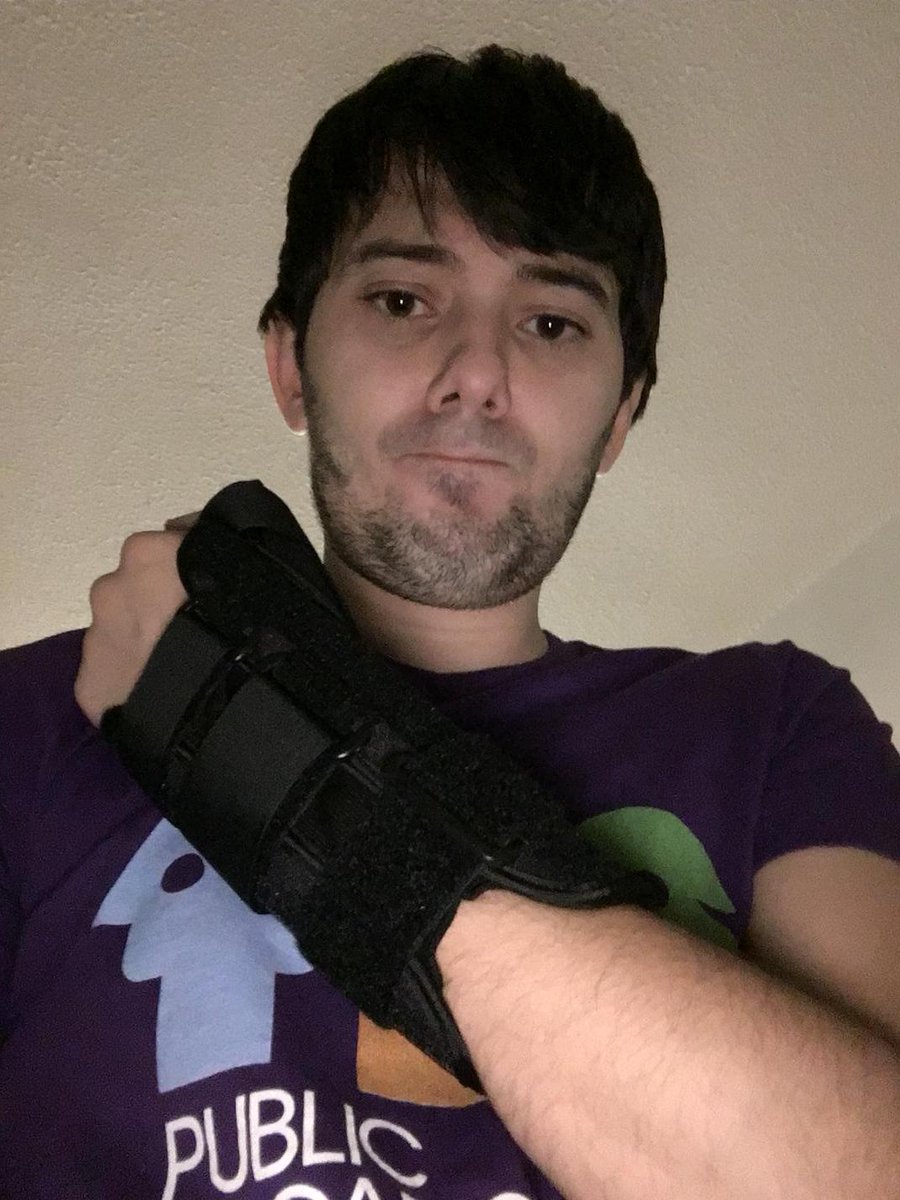This week, something that caught my eye was a rather fanciful sounding story about a Scottish woman who can reputedly "smell" Parkinson's disease, which, on the surface, didn't make much sense to me given that it is a disease of the brain. Joy Milne's husband had been diagnosed with the disease in his mid-40s and she had detected a "musky odour" which was new and which persisted until his recent death.
Although this may not have carried much significance in and of itself, when Joy joined the Parkinson's UK charity for support and to help, she noticed that others afflicted with the disease had the same distinct smell. Although this still sounds extremely subjective and difficult to make any scientific conclusion from, it did remind me of related stories I had read about talented cats or dogs who appear to be able to detect cancer, or even imminent death, as in the case of one special cat called Oscar.
Although such stories are highly anecdotal and rarely come with any real scientific validation, there appears to be something unique going on, and we do use the acutely sensitive noses of dogs to detect drugs that humans cannot smell, for example. Even though we are distinct species, if certain animals can have a super-sensitive sense of smell, then it's not that big a stretch to imagine that some human animals may have the same gift. Joy Milne felt so sure about the unique smell she associated with Parkinson's that she mentioned it to some British scientists at a presentation, and they took the bait.
Frankly, devastating CNS diseases such as Parkinson's and Alzheimer's which have no definitive means of early diagnosis, no disease-modifying treatment and barely a hope for a cure, leave scientists basically willing to try any out-of-the-box approach that might make a real difference. Thus it was for scientists at the University of Edinburgh, led by Dr Tilo Kunath, who decided to put Joy's nose to the test.
They tested her by taking six people with Parkinson's and six without and asking them to wear a T-shirt for a day, then bagging and coding them, and letting Joy get to work on them; rather shockingly, Kunath found that she was accurate in 11/12 cases.There was a discrepancy in only one candidate, a control individual who didn't have the disease, which was verified by the research team. Imagine the lightning bolt that passed through everyone, when, some 8 months later, that "healthy" candidate informed the team he had just been diagnosed with Parkinson's disease?!
So, Joy had been accurate in 12/12 cases, or 100% accuracy in the small test sample. As science fiction as this all sounds, it is worth pointing out that Joy's extraordinary sense of smell is not just linked to Parkinson's disease (which would be unbelievable); rather, she has always been able to smell things that others can't detect. Scientists are taking her very seriously indeed, and in fact, they have extracted those T-shirts to try to isolate the metabolites and molecular signature of the odour that Joy readily detects.
That all sounds a little bit too easy and too good to be true, but it may well be the case that as scientists we sometimes (often?!) get way too buried in complexity when working on very complicated diseases, and it can occasionally be something staring us in the face, at the very tip of our nose, that is the solution we have been hunting for - and if that light bulb moment comes from a non-scientist as in this case - great!
The scientists involved now are hopeful that once they resolve the chemical signature at the root of the odour detectable by Joy Milne, it may be possible to simply perform a forehead wipe to detect even the earliest stage of Parkinson's disease onset. To that end, Parkinson's UK have now funded researchers in Edinburgh, Manchester and London who are studying some 200 people with (and without) Parkinson's to try to nail down the key signature that identifies the presence of the disease.
Katherine Crawford of Parkinson's UK is excited about the possibilities and echoed us all when recently discussing the potential of this advance in early detection of the disease.
"A simple test for Parkinson's could be life-changing; this study is potential transformational for the lives of people living with Parkinson's. It is an incredibly difficult disease to diagnose. We still effectively diagnose it today the way that Dr. James Parkinson diagnosed it in 1817, which is by observing people and their symptoms."
I hope that Joy Milne gets the recognition she deserves if this phenomenon leads to significant advances in early diagnosis of Parkinson's, and if I was her, I would want my name on the patent that describes that molecular signature associated with the disease. Sadly, I don't have such an exquisite sense of smell, but I can detect the aroma associated with some 89ºC water bubbling through my new "Torrid Tunisian Temptation" roasted beans, and that's my cue to jump out of bed and attack the day. Have a great Sunday morning, all! :)


 AMNH
AMNH